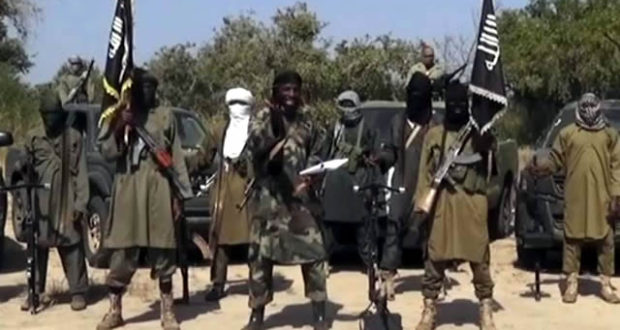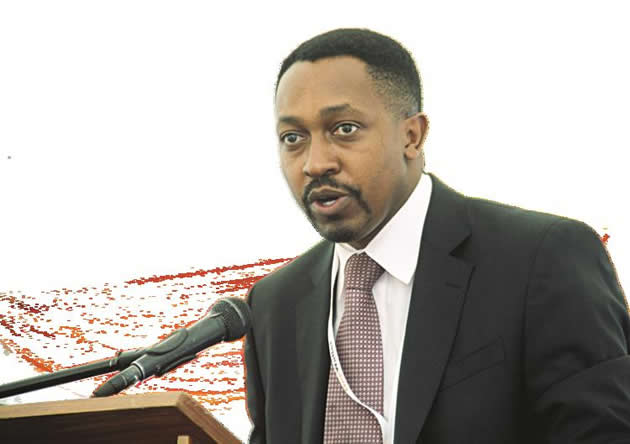Over 31 Boko Haram fighters surrender to Niger authorities

Niamey — At least 31 Boko Haram fighters have surrendered to authorities in Niger, the West African country’s interior minister Bazoum Mohamed announced on Tuesday.
Boko Haram’s seven-year insurgency began in Maiduguri, northeast Nigeria but has since spread beyond its borders to Chad, Cameroon and Niger.
The 31 fighters gave up their arms in Diffa, a southeast region, Mohamed said on Twitter, the first time Niger authorities have reported such surrenders.
Boko Haram has been carrying out murderous attacks in Niger since February 2015.
“They came one by one and are currently held in a secure centre,” a security source based in Diffa said, adding that they would return to their families after undergoing a “de-radicalisation” programme.
In January 2015, a senior official in Diffa, said many young people were “increasingly attracted by the offers of Boko Haram”, citing sums of up to $520 per month.
Niger, Chad and Nigeria launched simultaneous “sweep operations” against Boko Haram strongholds in July.
In October, the government in Niamey declared the “operations had given decisive results in liberating several localities formerly occupied by Boko Haram.”
Meanwhile, after the Nigerian army claimed victory over Boko Haram in the armed group’s forest stronghold, a commander at the forefront of the battle says the search is still on for the missing Chibok girls.
The army captured the Sambisa Forest in the country’s east over the weekend.
Speaking to Al Jazeera on Tuesday, Victor Ezugwu, army brigadier commander, said that while his soldiers had made significant gains, they had not been able to track down the still missing girls who were captured by Boko Haram in April 2014.
Around 200 of the 276 Chibok girls who were taken remain missing. Some were believed to be in the Sambisa Forest. “We are still searching for our dear daughters,” Ezugwu said. “As I speak to you now, we’ve not been able to make contact with them because the insurgents are running away with the girls. We are still trailing them.”
He added that, however, “so far we have rescued over 1 900 Nigerian citizens [from captivity]”.
He said the operation against Boko Haram is still ongoing. “It’s not finished business. It’s a work in progress. At the end of the day it’s a bright light at the end of the tunnel,” he said.
While Nigerian authorities say they are working hard to find the missing girls, there are concerns over how those who have been freed are treated.
Kidnapped girls freed from more than two years of captivity were prevented by Nigerian officials from spending Christmas at home with their families, relatives and a lawyer said on Tuesday.
Parents said they were taken to see their daughters, and the girls who were not allowed to go home or to a church service. The news raised questions about Nigeria’s handling of the 21 girls freed in October by negotiation with the group.
Boko Haram’s insurgency began in Maiduguri, though it has since spread beyond Nigeria’s borders to Chad, Cameroon and Niger. Nearly 15 000 civilians have been killed since 1999, when Boko Haram launched a campaign to establish an Islamic state.
“We are on top of the situation, all hands are still on deck,” Ezugwu said. “This defeat is final and it [Boko Haram] will not spread to other parts of West Africa.”
His comments echoed those of Nigerian President Muhammadu Buhari, who on Saturday announced the “final crushing of Boko Haram terrorists” in a message posted to his Twitter feed.
Army officials said that it took around 40 minutes to breach Boko Haram defences in Sambisa Forest.
“Now the biggest task of retaking Sambisa is over, the problem is how to secure the location,” said Al Jazeera’s Ahmed Idris, who is embedded with the army in Sambisa. “This whole area is booby trapped and mined.”
— AFP












Comments